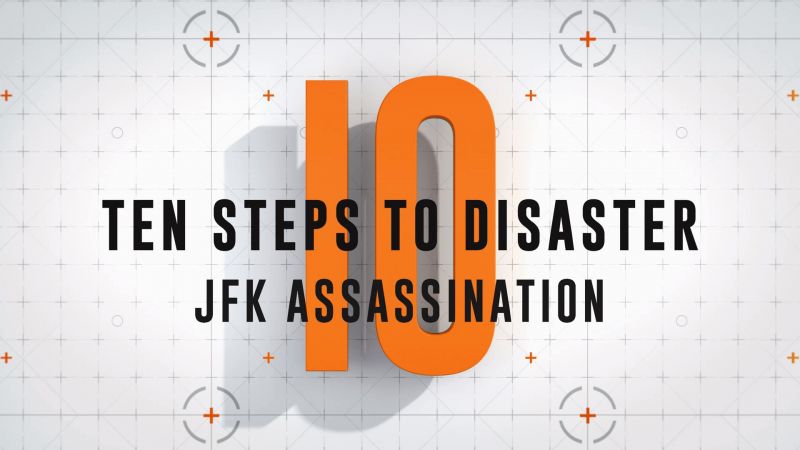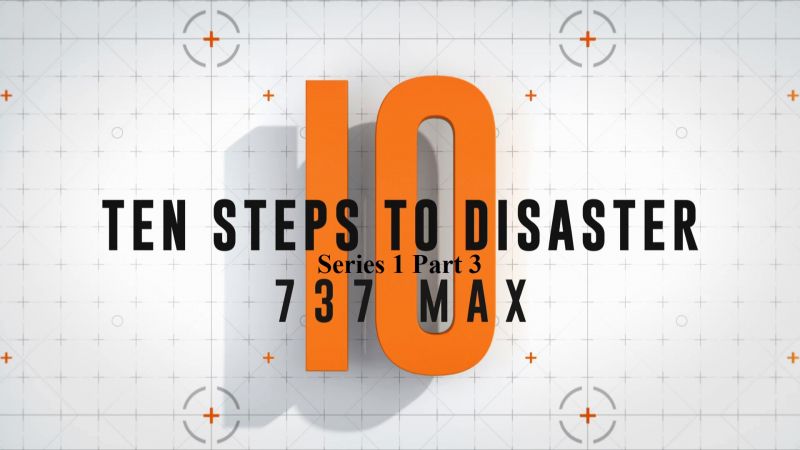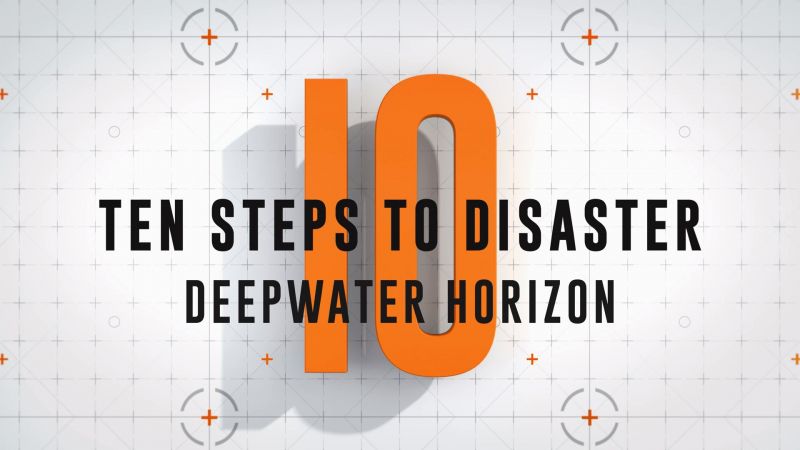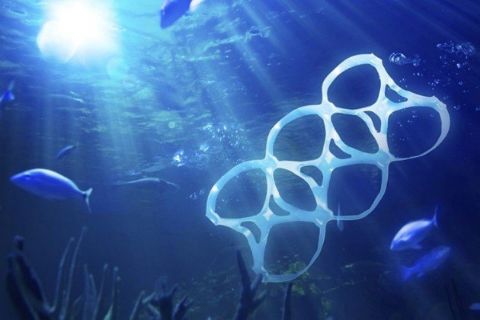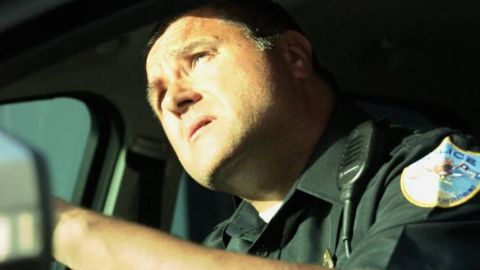Deepwater Horizon • 2021 • episode "S1E4" • Ten Steps to Disaster
On April 20th, 2010, at 9:49 PM, the Deepwater Horizon oil rig explodes. For 87 days, more than 200 million gallons of crude oil pump into the Gulf of Mexico, leading to long-term effects on the environment, the local economy, and the health of tens of thousands. Now, in-depth analysis of the catastrophe, investigative reports, and personal testimony from oil workers and residents of the Gulf Coast reveal ten critical mistakes that ultimately led to the greatest environmental disaster in U.S. history.
Make a donation
Buy a brother a hot coffee? Or a cold beer?
Hope you're finding these documentaries fascinating and eye-opening. It's just me, working hard behind the scenes to bring you this enriching content.
Running and maintaining a website like this takes time and resources. That's why I'm reaching out to you. If you appreciate what I do and would like to support my efforts, would you consider "buying me a coffee"?
Donation addresses
BTC: bc1q8ldskxh4x9qnddhcrgcun8rtvddeldm2a07r2v
ETH: 0x5CCAAA1afc5c5D814129d99277dDb5A979672116
With your donation through , you can show your appreciation and help me keep this project going. Every contribution, no matter how small, makes a significant impact. It goes directly towards covering server costs.

